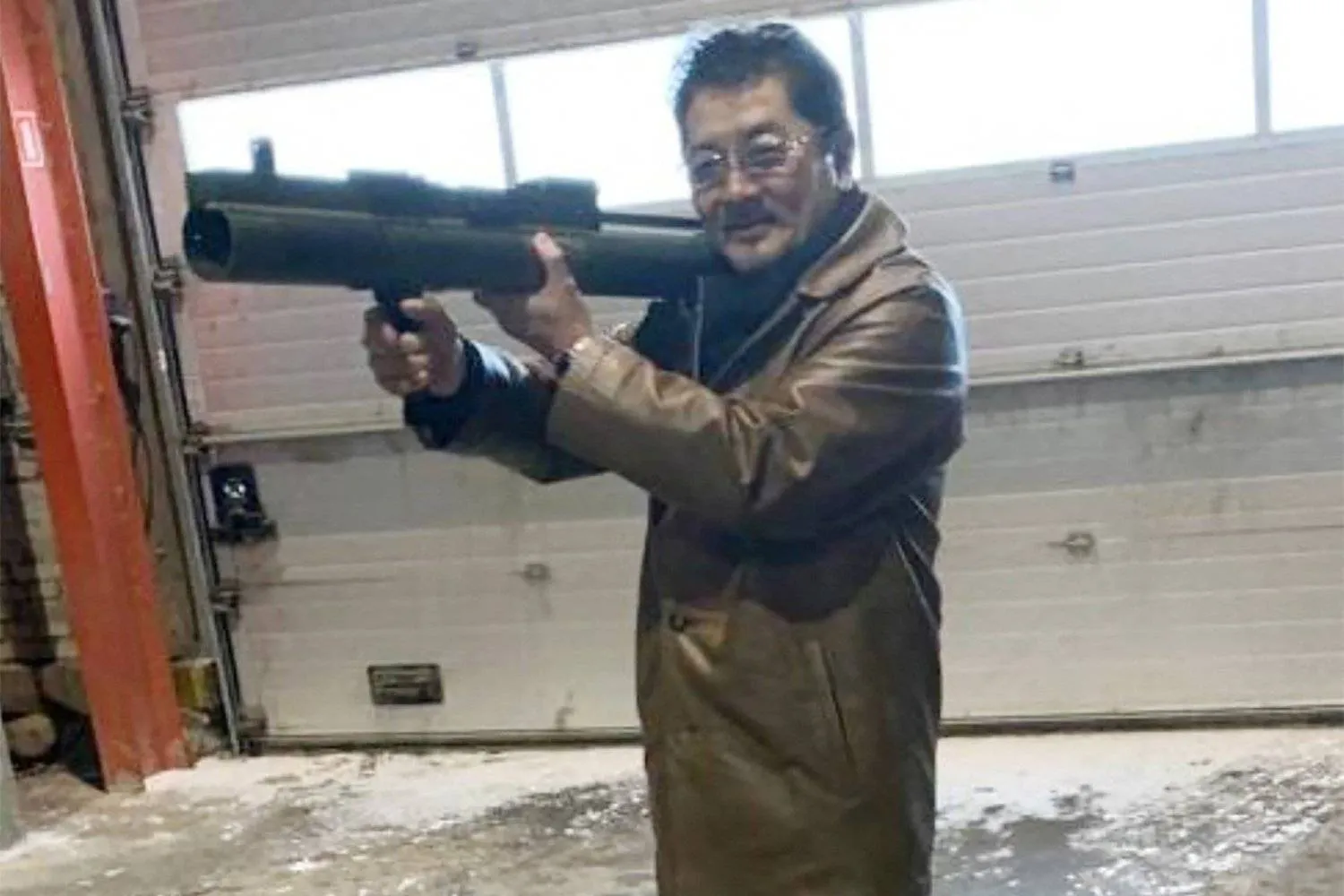US authorities on Wednesday charged the leader of a Japanese crime syndicate with conspiring to traffic nuclear materials from Myanmar for expected use by Iran in nuclear weapons, the Justice Department said.
Takeshi Ebisawa, 60, and co-defendant Somphop Singhasiri, 61, trafficked in drugs, weapons, and nuclear material, "going so far as to offer uranium and weapons-grade plutonium fully expecting that Iran would use it for nuclear weapons," said Anne Milgram, who heads the Drug Enforcement Administration.
“This is an extraordinary example of the depravity of drug traffickers who operate with total disregard for human life,” Milgram added.
Both men have been ordered detained, the department said in a statement.
Ebisawa is accused of conspiring to sell weapons-grade nuclear material and lethal narcotics from Myanmar and to buy military weapons on behalf of an armed insurgent group, Assistant Attorney General Matthew Olsen said.
"It is chilling to imagine the consequences had these efforts succeeded and the Justice Department will hold accountable those who traffic in these materials and threaten US national security and international stability," Olsen added.
According to the allegations contained in the indictment, beginning in early 2020, Ebisawa informed UC-1 and a DEA confidential source (CS-1) that Ebisawa had access to a large quantity of nuclear materials that he wanted to sell. Later that year, Ebisawa sent UC-1 a series of photographs depicting rocky substances with Geiger counters measuring radiation, as well as pages of what Ebisawa represented to be lab analyses indicating the presence of thorium and uranium in the depicted substances.
In response to Ebisawa’s repeated inquiries, UC-1 agreed, as part of the DEA’s investigation, to help Ebisawa broker the sale of his nuclear materials to UC-1’s associate, who was posing as an Iranian general (the General), for use in a nuclear weapons program.
Ebisawa then offered to supply the General with “plutonium” that would be even “better” and more “powerful” than uranium for this purpose.
With the assistance of Thai authorities, the Nuclear Samples were seized and subsequently transferred to the custody of US law enforcement authorities. A US nuclear forensic laboratory examined the Nuclear Samples and determined that both samples contained detectable quantities of uranium, thorium, and plutonium. In particular, the laboratory determined that the isotope composition of the plutonium found in the Nuclear Samples is weapons-grade.
Ebisawa is facing life in prison; a mandatory minimum sentence of 25 years in prison for his conspiracy to acquire, transfer, and possess surface-to-air missiles, and up to 20 years in prison for conspiracy to commit international trafficking of nuclear materials.
The date of the trial hasn’t been announced yet.









